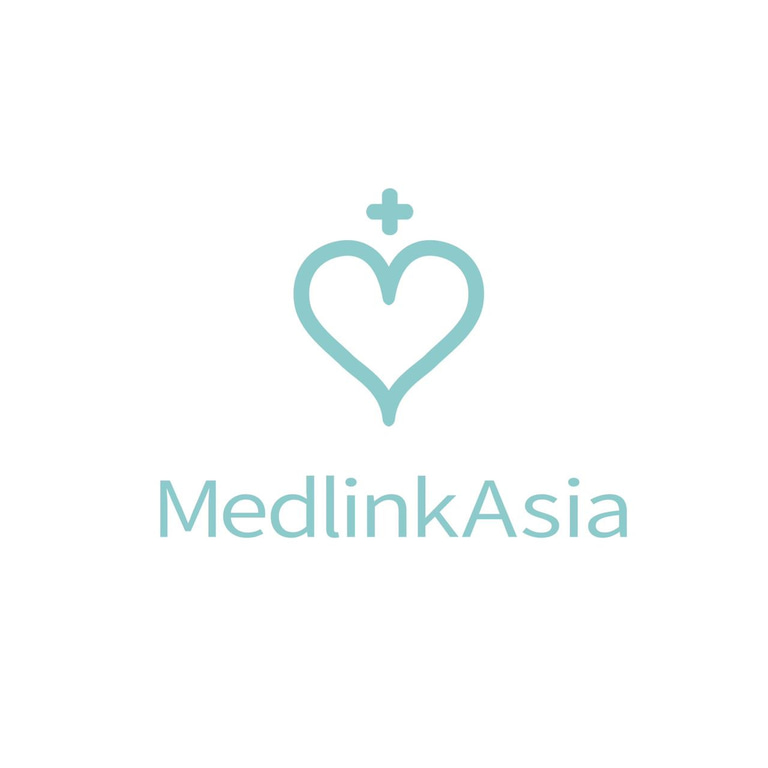Enhancing IVF Success Rates: The Role of Chinese Medicine


Introduction to Chinese Medicine and IVF
In recent years, many couples have turned to in vitro fertilization (IVF) as a solution for infertility. While IVF has proven effective for numerous individuals, its success is not guaranteed. This is where Chinese medicine, particularly traditional Chinese medicine (TCM), comes into play. TCM is often employed as a complementary approach to enhance the success rate of IVF by addressing the holistic well-being of the patient.
The Holistic Approach of Traditional Chinese Medicine
Unlike conventional Western medicine, which may focus predominantly on specific symptoms or conditions, TCM embraces a holistic perspective. This modality considers the entire body, including the emotional and psychological states of individuals. Acupuncture, herbal remedies, and dietary adjustments are some of the components of TCM that contribute to creating a balanced environment conducive to reproductive health.
Research suggests that acupuncture, a key component of TCM, can influence hormone regulation, improve blood flow to the reproductive organs, and reduce stress levels—all of which are critical factors that can increase IVF success rates. By alleviating stress and optimizing the body’s natural functions, patients may experience enhanced fertility conditions.
How Does TCM Complement IVF Treatments?
Integrating TCM with IVF prepares the body to better respond to assisted reproductive techniques. TCM can support the body in multiple ways:
Improved Egg Quality: Studies indicate that acupuncture may improve the quality of ovarian follicles and eggs, positively affecting the IVF process.
Restoration of Menstrual Cycle: TCM often focuses on regulating menstrual cycles, contributing to a more fertile baseline before IVF begins.
Emotional and Mental Support: Undergoing IVF can be an emotionally taxing journey. The stress management strategies provided by TCM can help maintain a positive mindset, which is invaluable during this time.
Conclusion
The integration of traditional Chinese medicine into IVF protocols can serve as a powerful complement to conventional treatments. By focusing on holistic health—encompassing physical, emotional, and psychological wellness—patients stand to benefit from an enhanced likelihood of a successful pregnancy. As research in this field continues to evolve, it is crucial for patients to communicate with their medical practitioners to explore how TCM can be effectively aligned with their IVF journey.
